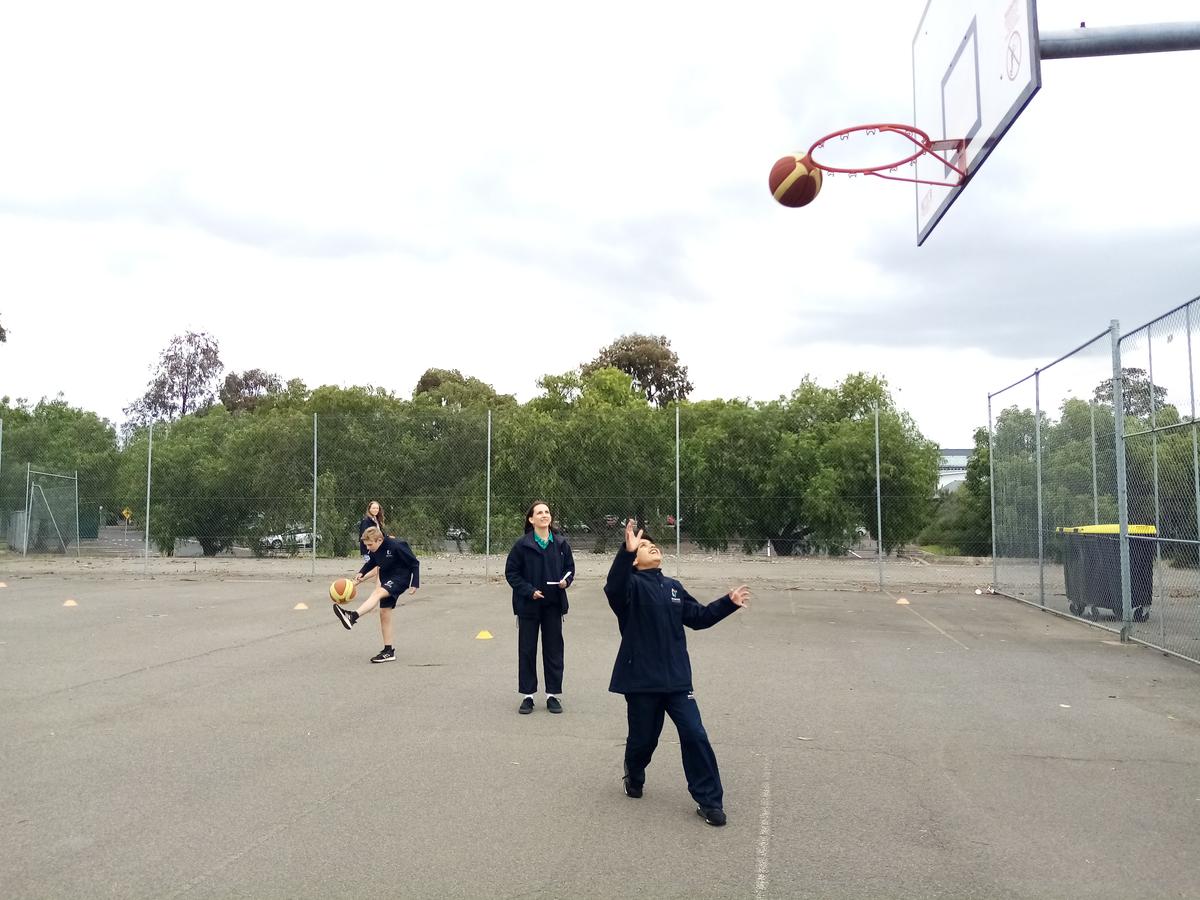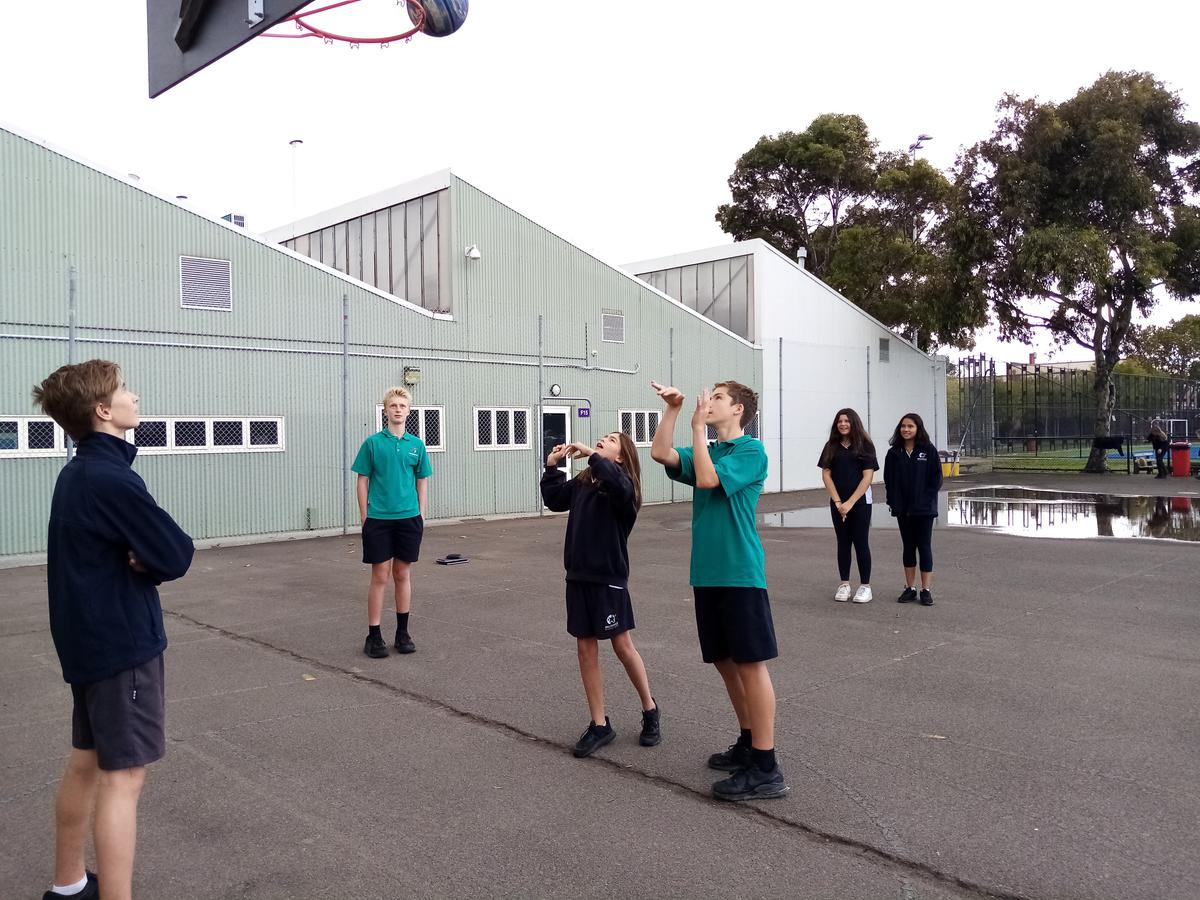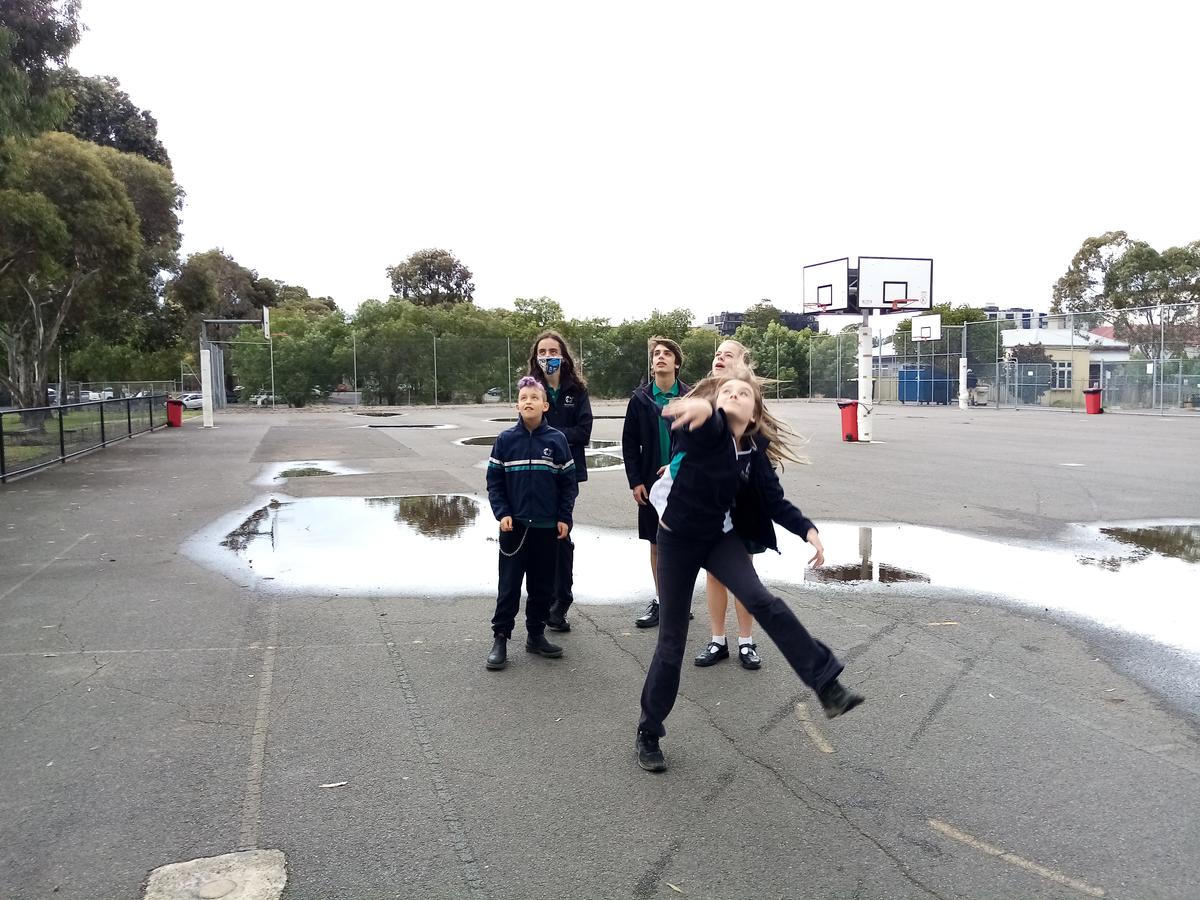Brain Training
Year 9 and Year 7 collaboration

Brain Training
Year 9 and Year 7 collaboration


Angela Olah
Teacher - Science
How can I change my brain for the better?
This was the open-ended inquiry question that was posed to the Year 9 SEAL class as they were tasked with the challenge of designing a tailor-made lesson to teach to a group of Year 7 SEAL students just that.
This task was part of the Sensing and Responding unit in which students learn about neurons, and the structure and function of the brain. The task extended their knowledge by taking them on a deep-dive into the science of learning and neuroplasticity, examining how different learning and mental health wellbeing strategies actually work to reshape the brain and improve learning and wellbeing outcomes.
The students had full control of their learning process, designing their specific line of inquiry, creating all teaching resources and even selecting what skills they wanted to be assessed on by writing their own marking rubric.
Three Year 9 students were in charge of determining what the learning/wellbeing needs were for a corresponding group of Year 7 students. The Year 9 students conducted interviews with the younger participants to determine what specific skill or learning their target students wanted to improve, as well as what styles of learning worked best for them.
Using this information, the Year 9 students developed highly creative and tailored resources that taught their Year 7 students the science of the structure of the brain and how neuroplasticity worked. This was no small feat - as the Year 9 students had to take into consideration the level of scientific understanding held by their younger peers to ensure that they conveyed their message in a meaningful and impactful way.
The results were a wide variety of lessons which engaged the Year 7 audiences, and included concepts such as the impact of music on memory, how meditation works to calm you down, how specific training strategies work to improve basketball skills, how to use positive associations to enhance study skills and how to break bad habits and establish positive ones- just to name a few!






The Year 7 students thoroughly enjoyed the session, providing positive feedback and recognising the strengths of their Year 9 peers in teaching them complex scientific concepts in a meaningful and engaging manner.
I am incredibly proud of the Year 9 students. Not only did they show high levels of scientific and critical thinking throughout the process, but maturity in tackling the challenge of taking ownership of their learning, with powerful reflections discussed at the end of the process.